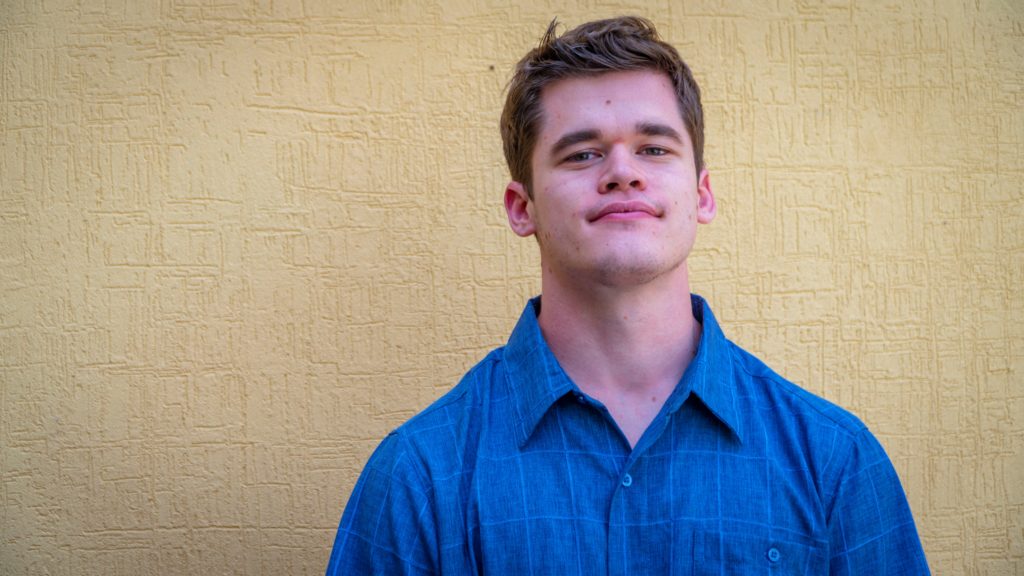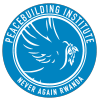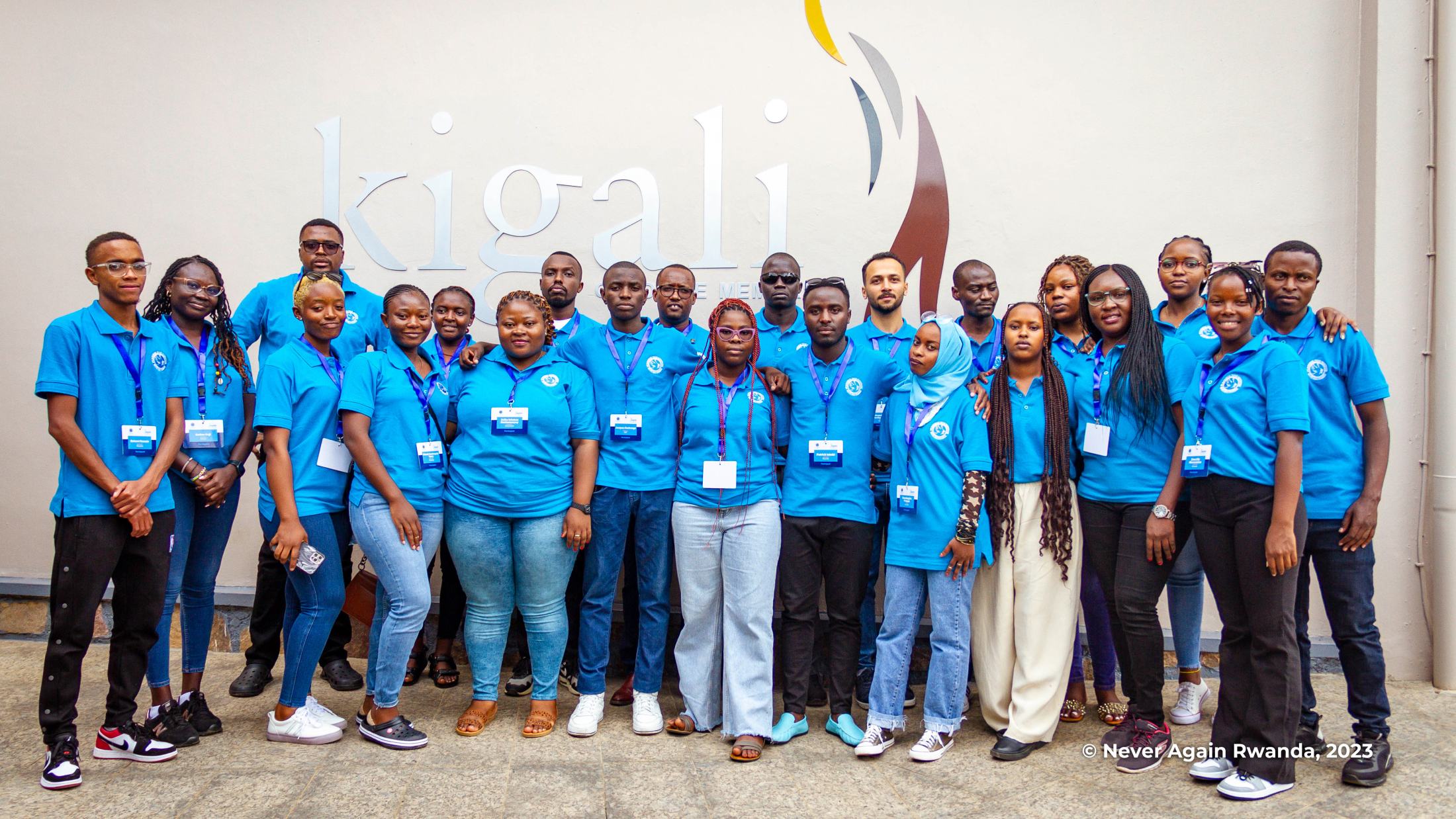
One year ago, I eagerly awaited the start of my university’s International Peace and Conflict Resolution master’s program, but I remained unaware of peacebuilding as a field in itself. All I knew is that I always had an interest in historical conflict, and wanted to study the phenomena of violence more closely. Long story short, my first year in graduate school flipped my group of interests on its head; I became interested in East Africa—particularly Rwanda—and after a couple of months of networking and applying, I landed at Never Again Rwanda (NAR) and the Peacebuilding Institute (PBI). A year ago, I would have never dreamed that I would have had this experience, which taught me much about peacebuilding on both concrete and theoretical levels.
I have certainly learned a lot at NAR so far, but PBI also benefited me in a variety of ways. First, it turned my conception of the practice of peacebuilding from abstraction to a tangible way in which people better their communities. I had the opportunity to meet so many of my inspiring, courageous peers from a variety of African countries, who all fight against the odds to facilitate peace in areas ripped apart by violence: places like the eastern DRC, Burundi, as well as Sudan and South Sudan. As someone who has only studied peacebuilding from more of a theoretical level, it humbled me to interact with people my age who take initiative and facilitate real change in their communities.
I also had the privilege of learning more about these parts of the world from those who were born and raised there. For example, prior to PBI, I pictured North and South Kivu as rural, war-torn areas, filled with refugees either fleeing the area or trying to settle there after having to flee from somewhere else. My only conception of the region was from the research that I had done. Luckily, by talking with my friends from those areas and even trading pictures of our hometowns, I learned so much more about the ordinary people who live there and carry out their lives, just as I do. I gained a much more nuanced view of these areas looked down on as “conflict zones,” which will definitely influence my future peacebuilding work in a positive way. I’m grateful that I could learn from and befriend some of my peers from halfway across the world, a rare and valuable opportunity for anyone.
To conclude, I did learn much from PBI’s facilitators, reinforcing the information I already had while allowing me to learn new aspects of peacebuilding that I had less knowledge about, especially concerning gender and faith. And of course, the site visits contained important hands-on learning experiences in the subjects that I really love to study. However, what benefited me most was the opportunity to meet and learn from people my age from the continent that I have come to love who, despite being born and raised in dramatically different contexts, have more similarities than differences with me.



Comments are closed.